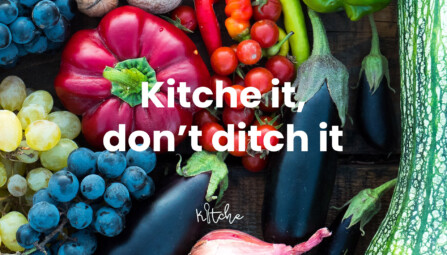Introduction
Processed and pre-prepared foods rely on energy-hungry industrial processes and often contain “hidden” ingredients like palm oil that are implicated in deforestation or biodiversity loss.
Why
Research comparing the life cycle environmental impacts of ready-made meals with meals prepared at home from scratch found the environmental impacts of the home-made meal were lower than for the equivalent ready-made meal. For example, the global warming and human toxicity potentials were up to 35% lower and eutrophication, photochemical smog and ozone layer depletion were up to 3 times lower. Cooking at home also
-
- Avoids added sugars and other unhealthy ingredients
- Reduces packaging waste
- Provides full visibility of what’s in your food.
“Home-cooked meals have typically 35% less global warming potential than ready-made meals”
How?
Cooking from scratch takes more time, but there are many recipe books available that focus on quick and easy meals. A slow-cooker or crockpot is a low-energy way of cooking meals while you’re at work or away from home. Taking home-made lunch to work in a re-usable container is less expensive than buying food on the go and creates less waste, too.










